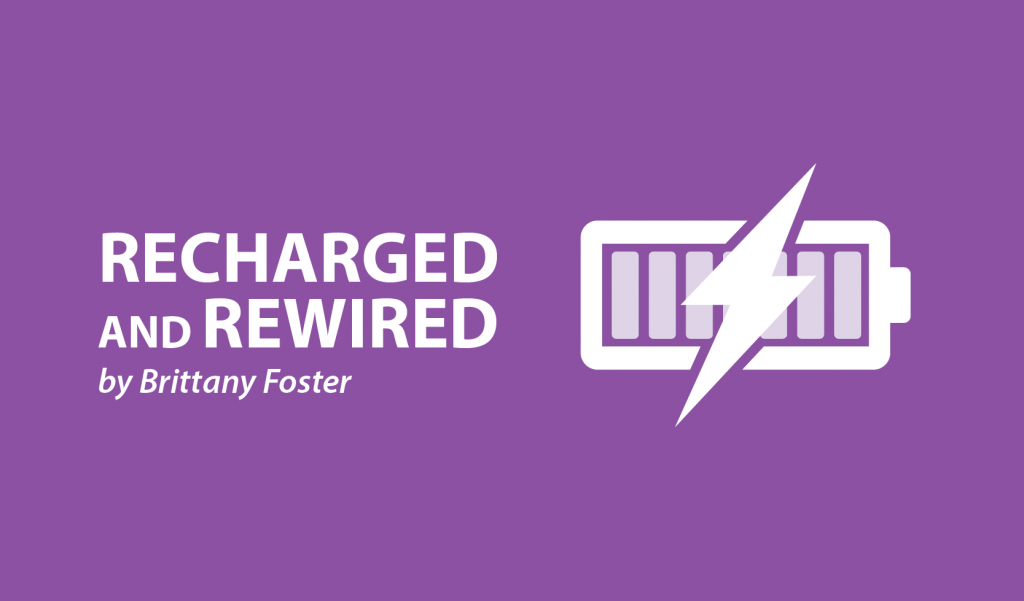The Importance of Acknowledging Warning Signs from Our Bodies
Written by |

Trusting myself enough to know when something is “off” with my body has been one of the hardest things about managing a chronic illness.
Paying attention to how our bodies feel is physically and mentally exhausting. While figuring out our new normal, we go through an array of emotions. We feel anxious while thinking about all that our bodies are unable to do. We dwell on what we could do at one point in our lives. We try hard to fight against what our bodies need, and think to ourselves, “If I just push through this, I’ll be OK.”
It’s easy to get angry after realizing that physical symptoms can’t be fixed by mind over matter. After becoming accustomed to how our new normal feels, it can be an even bigger challenge, mentally and physically, when we are struck with an acute illness. Acknowledging our warning signs is exhausting, but it is an important part of managing life with a chronic illness.
It’s helpful to check in with our bodies to get a baseline of how we feel. Not only do I practice self check-ins, but I also use medical equipment. I have always relied on proof to validate how I’m feeling physically. This helps me differentiate between feeling anxious about my health versus something physical that is different from my normal.
I’ve been better at noticing when my body is more fatigued and run-down from an acute illness, but a part of me still wants to push forward. I question myself when it comes to gauging how I feel. Thinking “I need a break” can turn into “I’m fine” in a matter of a few minutes. I learned the hard way that trying to convince myself I’m OK and shrugging it off is not the best strategy. If the warning signs are there, it’s up to us to begin to accept them and trust ourselves to know our bodies.
There are times where it’s hard for me to trust myself to know that something is wrong. What started out as whole-body exhaustion last week turned into a diagnosis of an upper respiratory infection in a few days. The signs of my body fighting off infection were present a few days prior, but I tried to fight it. Fighting it is NOT worth it.
Our bodies alert us when something needs attention. My leg muscles were weaker as I walked up the stairs, my heart was racing more as I woke up in the morning, my muscles were cramping, and I was short of breath with just getting up to walk to the bathroom. Even the simplest tasks left me feeling as though I needed a rest. These were my warning signs. My body was trying to fight off an illness.
We can only ignore our bodies so much until they decide to fight for our full attention. My mind may have told me “you’re fine,” but my vital signs upon exertion, my pale complexion, fatigue, high pulse rate and low blood pressure proved otherwise.
Many with chronic illness and pulmonary hypertension have a difficult time trusting our bodies. After all, why would we trust something that turned against us in what seems like such an unforgiving way? Sure, our bodies may not be what we imagined them to be. Just because our organs have some faults (that’s putting it lightly) doesn’t mean we can’t care for them and listen to them when they are trying to alert us to something amiss.
Make note of when you feel different, write down your symptoms and share them with your doctors and specialists if you’re concerned. Trust that you know your body. If it’s hard to trust yourself, use medical equipment such as a blood pressure monitor, pulse ox, heart monitor or thermometer.
Our bodies’ jobs are to keep us alive. It’s important to trust that even with a life-threatening condition, our bodies still fight for us just as much as we fight for ourselves every day.
***
Note: Pulmonary Hypertension News is strictly a news and information website about the disease. It does not provide medical advice, diagnosis, or treatment. This content is not intended to be a substitute for professional medical advice, diagnosis, or treatment. Always seek the advice of your physician or other qualified health provider with any questions you may have regarding a medical condition. Never disregard professional medical advice or delay in seeking it because of something you have read on this website. The opinions expressed in this column are not those of Pulmonary Hypertension News or its parent company, Bionews Services, and are intended to spark discussion about issues pertaining to pulmonary hypertension.





Leave a comment
Fill in the required fields to post. Your email address will not be published.